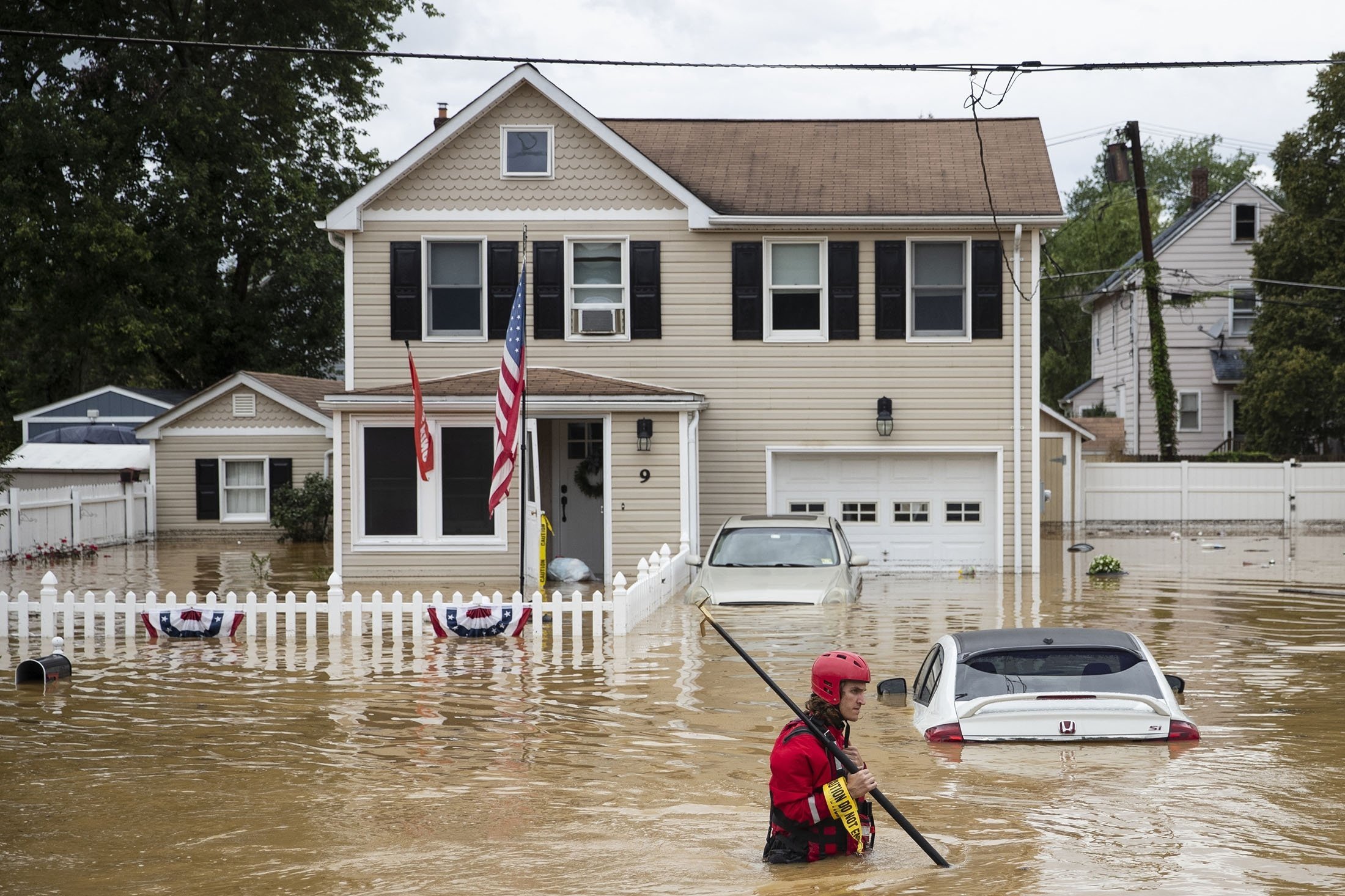 In a year marked by extreme weather events, thousands of Americans have been displaced due to unprecedented flooding and storms that have ravaged communities across the nation.
In a year marked by extreme weather events, thousands of Americans have been displaced due to unprecedented flooding and storms that have ravaged communities across the nation.
The devastation has been widespread, with entire towns submerged under water, homes destroyed, and infrastructure severely damaged.
The most significant impact has been felt in the Midwest and Southern states, where record-breaking rainfall has led to catastrophic flooding. Rivers and streams have overflowed their banks, turning streets into rivers and forcing residents to evacuate. In many areas, floodwaters have reached heights not seen in decades, catching many by surprise and leaving them with little time to prepare.
Louisiana, Mississippi, and Kentucky have been among the hardest-hit states. In Louisiana, the already vulnerable communities still recovering from previous hurricanes have faced new challenges as relentless storms have caused levees to breach and floodwaters to inundate neighborhoods. In Mississippi, heavy rainfall has caused flash floods that have swept away vehicles and homes, leaving a trail of destruction in their wake. Kentucky has seen similar devastation, with historic towns suffering from both flash floods and prolonged river flooding.
Emergency response teams have been working tirelessly to rescue stranded residents and provide relief to those affected. However, the scale of the disaster has overwhelmed local resources, prompting the federal government to step in with additional support. The Federal Emergency Management Agency (FEMA) has deployed personnel and resources to the affected areas, but the sheer magnitude of the disaster has made recovery efforts challenging.
The human toll of these natural disasters has been immense. Thousands of families have lost their homes, and many are now living in temporary shelters, uncertain of when—or if—they will be able to return to their homes. The psychological impact has been profound, with many survivors struggling to cope with the loss of their homes, belongings, and sense of security.
Environmental scientists attribute the increase in the frequency and severity of these natural disasters to climate change. Rising global temperatures have led to more intense storms and heavier rainfall, increasing the likelihood of flooding in vulnerable areas. Experts warn that unless significant action is taken to address climate change, these types of extreme weather events will only become more common.
As the nation grapples with the aftermath of these disasters, the focus has shifted to long-term recovery and rebuilding efforts. But with more storms on the horizon, the road to recovery remains uncertain for thousands of displaced American